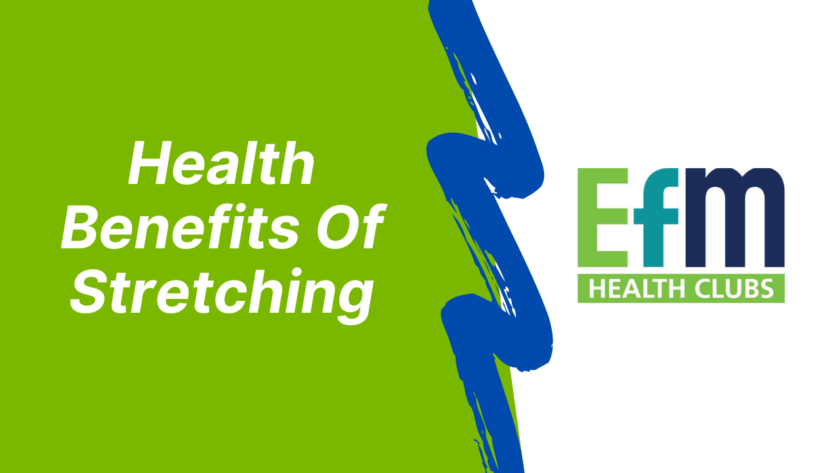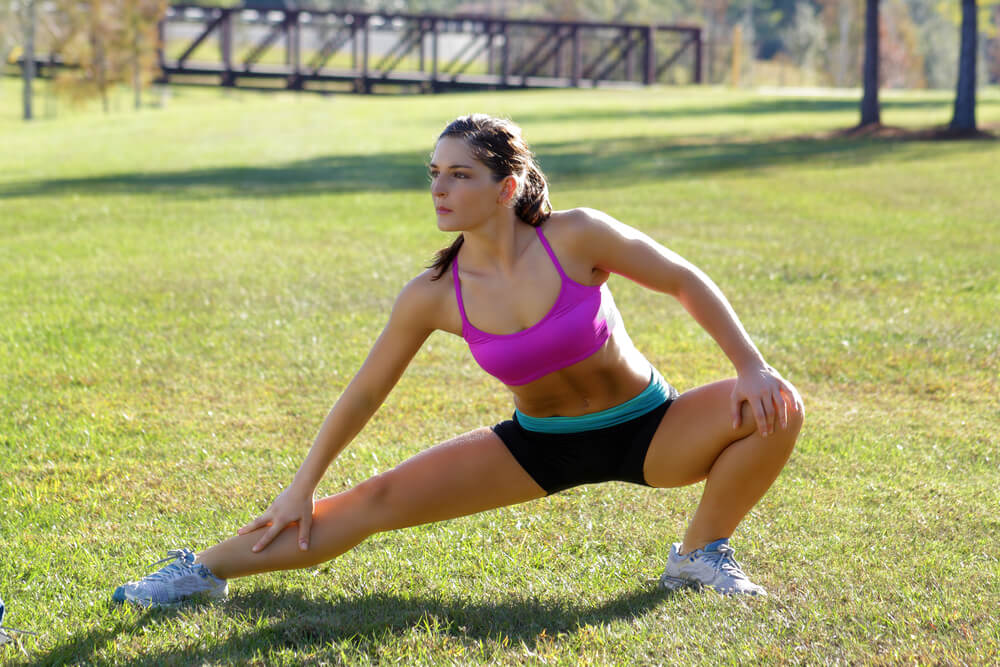
Is Stretching Good For You?
Should you stretch and is stretching good for you? Stretching used to be a common ritual among gym goers and sportsmen due to the proclaimed benefits of preventing injury and loosening tight joints.
Benefits Of Stretching

Stretching offers numerous benefits that contribute to overall physical well-being and improved performance in daily activities and sports. Some of the key benefits of stretching include:
1. Increased flexibility
Regular stretching can improve your range of motion, making it easier to perform daily tasks and engage in physical activities.
2. Enhanced performance
Stretching can help reduce muscle stiffness and improve overall functional movement, leading to better athletic performance and reduced risk of injury.
3. Improved posture
Stretching the muscles in your back, neck, and shoulders can help correct muscular imbalances, promote proper alignment, and maintain good posture.
4. Reduced risk of injury
By increasing flexibility and promoting proper movement patterns, stretching can help decrease the likelihood of injuries related to muscle strains, sprains, and imbalances.
5. Decreased muscle soreness
Stretching after exercise can help alleviate muscle tightness and reduce delayed-onset muscle soreness (DOMS), which typically occurs 24-72 hours after an intense workout.
6. Enhanced blood flow
Stretching promotes blood circulation, delivering vital nutrients and oxygen to your muscles and helping to remove waste products more efficiently.
7. Stress relief
Stretching can provide a sense of relaxation and stress relief, as it helps to release muscle tension and encourage mindful breathing.
8. Improved balance and coordination
Regular stretching can enhance your balance and coordination, reducing the risk of falls and supporting overall physical stability.
When Should I Stretch?
1. Before exercise

Should I stretch before exercise?
This is the classic ritual that has been mentioned. There is some merit to the thinking that it helps to prevent injury and it could be beneficial to some depending on your activity and your wanted outcomes.
This is because stretching temporarily reduces one’s power output due to the lengthening of the muscle that it creates. This means that if you are lifting heavy weights, you won’t be performing at your very best if you have stretched before it.
If you are going for a long distance run however, it would prove beneficial to stretch to lubricate your knee joints with synovial fluid and send blood to your muscles in advance.
2. After exercise

Should I stretch after exercise?
Stretching can still be helpful in maintaining mobility, joint health and greater ranges of motion. Done after exercise however will allow you to weightlift at your maximum capacity and allow blood flow to linger in the muscles post exercise which could promote faster recovery.
The only issue would be that if done for long enough, it is entirely possible that this practice could reduce your muscle output in the long term so it is risky for power athletes.
3. Once every week

This strategy has been proposed for those lifters who want to minimize the risk of lengthening their muscles permanently by doing the practice of stretching just once a week. This has been proven to still be able to keep joints mobile without becoming too stiff.
4. No stretching
This is obviously not the best option available but it does give you the comfort of knowing that your power output will not be gimped by the practice of stretching. It would be advised though to have a light cardio warmup and cooldown for 10 min before and after a session to try to get the benefits of stretching without the risk to ones power output.
Conclusion: To stretch or not to stretch that is the question! It all depends on you and your goals but I would say that for most people stretching after an exercise session would provide the most benefits. Athletes must ask their coach for which approach is best suited to their sport.




